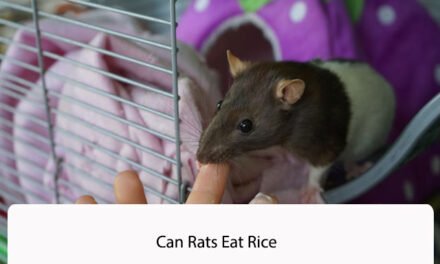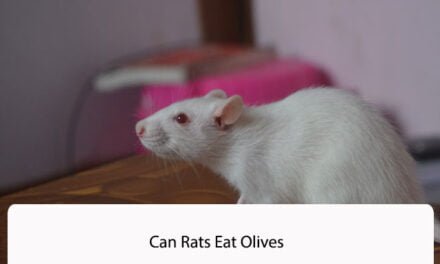Rats are known for their ability to eat almost anything. From fruits and vegetables to meat and grains, rats have a diverse diet. However, when it comes to pasta, many people are unsure if it is safe for rats to consume. In this article, we will explore the question: can rats eat pasta?
Pasta is a staple food in many households, and it is often a quick and easy meal to prepare. While pasta is safe for human consumption, it is important to consider whether it is safe for rats. Rats have different dietary needs than humans, and some foods that are safe for us can be harmful to them. We will examine the nutritional value of pasta and whether it meets the dietary requirements of rats. Additionally, we will discuss any potential risks associated with feeding pasta to rats.
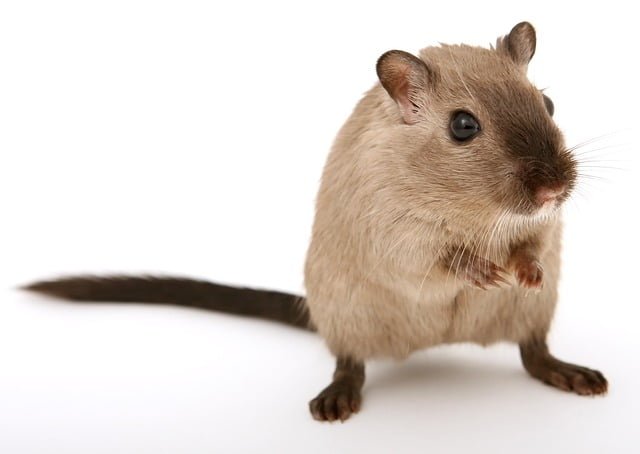
Understanding Rat Diet
As we explore the question of whether or not rats can eat pasta, it’s important to understand the basics of a rat’s diet. Rats are omnivores, which means they eat both plant and animal matter. In the wild, rats eat a variety of foods including seeds, nuts, fruits, insects, and small animals.
When it comes to pet rats, it’s important to provide them with a balanced diet that meets all of their nutritional needs. A healthy rat diet should consist of:
- High-quality rat pellets: These provide a balanced mix of protein, carbohydrates, and vitamins and minerals.
- Fresh fruits and vegetables: These provide important nutrients and variety in the diet.
- Limited amounts of treats: Treats should be given sparingly and should not make up a large portion of a rat’s diet.
It’s important to note that rats have specific dietary requirements that differ from other small pets like hamsters or guinea pigs. For example, rats require a higher protein content in their diet than many other small pets.
When introducing new foods to a rat’s diet, it’s important to do so gradually to avoid digestive upset. It’s also important to avoid feeding rats foods that are toxic to them, such as chocolate or avocado.
In summary, a healthy rat diet should consist of high-quality rat pellets, fresh fruits and vegetables, and limited treats. When introducing new foods to a rat’s diet, it’s important to do so gradually and avoid foods that are toxic to rats.
Can Rats Eat Pasta?
Rats are known to be omnivorous, meaning they can eat both plant and animal-based food. Pasta is a type of food that is commonly consumed by humans, but can rats eat pasta too? In this section, we will explore whether pasta is a safe and healthy food option for rats.
Impact on Health
Pasta is a carbohydrate-rich food that contains a moderate amount of protein. While rats can digest carbohydrates, they require a higher protein intake to maintain their health. Therefore, pasta should not be the primary source of food for rats.
Additionally, some types of pasta may contain high levels of salt, which can lead to dehydration and other health issues in rats. It is important to avoid giving rats pasta that is seasoned or has added salt.
Serving Size and Frequency
If you decide to feed your rats pasta, it should be given in moderation as a treat rather than a staple food. The serving size should be small and appropriate for the size of the rat. Overfeeding pasta can lead to weight gain and other health problems.
It is recommended to feed rats a diet that is specifically formulated for their nutritional needs. A balanced diet for rats should consist of protein, fiber, vitamins, and minerals. Consult with a veterinarian or a pet nutritionist for guidance on feeding your rats.
In conclusion, pasta can be given to rats as an occasional treat, but it should not be a regular part of their diet. It is important to ensure that rats receive a balanced diet that meets their nutritional needs.
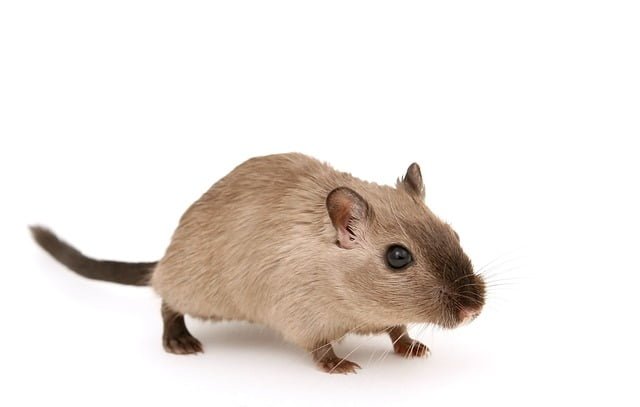
Alternatives to Pasta for Rats
While pasta can be a tasty treat for rats, it shouldn’t be the only food item in their diet. Here are some alternative food options that you can consider for your pet rats:
Fruits and Vegetables
Fruits and vegetables are an excellent source of vitamins and minerals for rats. Some of the best options include apples, bananas, blueberries, broccoli, carrots, and spinach. Make sure to wash them thoroughly before feeding them to your rats.
Grains and Cereals
Grains and cereals can also be a great addition to your rat’s diet. Some of the best options include oats, rice, barley, and quinoa. Make sure to cook them before feeding them to your rats.
Protein Sources
Protein is essential for a rat’s diet, and there are several sources that you can consider. Some of the best options include cooked eggs, chicken, turkey, and fish. You can also consider feeding your rats tofu or tempeh if you prefer a vegetarian or vegan diet.
Nuts and Seeds
Nuts and seeds are a great source of healthy fats and protein. Some of the best options include almonds, cashews, pumpkin seeds, and sunflower seeds. Make sure to feed them in moderation as they are high in fat.
In conclusion, while pasta can be a tasty treat for rats, it shouldn’t be the only food item in their diet. Consider incorporating some of the above-mentioned food options to ensure that your pet rats get a balanced and nutritious diet.
Signs of Poor Rat Diet
When it comes to feeding our rats, it’s important to ensure that they receive a balanced and nutritious diet. A poor diet can lead to a variety of health problems, and it’s important to be able to recognize the signs of a rat that is not receiving the proper nutrition.
One common sign of a poor diet is weight loss. If your rat is losing weight despite eating regularly, it may be a sign that they are not receiving enough nutrients in their diet. Similarly, a rat that is not gaining weight may also be an indication of a poor diet.
Another sign of a poor diet is a dull or rough coat. Rats that are not receiving enough protein or essential fatty acids may have a coat that appears dull or rough to the touch. Additionally, rats that are not receiving enough vitamin C may develop scurvy, which can cause their coat to become dry and brittle.
Poor dental health is another sign of a poor diet. Rats that are not receiving enough calcium or other essential minerals may develop dental problems such as overgrown or misaligned teeth. Additionally, rats that are not receiving enough fiber in their diet may develop gastrointestinal problems, which can lead to dental issues.
In summary, it’s important to be aware of the signs of a poor rat diet. Weight loss, a dull or rough coat, poor dental health, and gastrointestinal problems can all be indications that your rat is not receiving the proper nutrition. By providing a balanced and nutritious diet, you can help ensure that your rat stays healthy and happy.
Consulting a Vet
When it comes to feeding rats, it’s always important to consult with a veterinarian. They can provide valuable advice on what foods are safe and healthy for your pet.
If you’re considering feeding your rat pasta, it’s important to discuss this with your vet. They can help you determine if pasta is an appropriate addition to your rat’s diet and how much you should feed them.
It’s worth noting that some types of pasta may be better for rats than others. For example, whole grain pasta may be a healthier option than white pasta. Your vet can provide guidance on the best types of pasta to feed your rat.
In addition to discussing pasta, your vet may also provide guidance on other foods to include in your rat’s diet. This may include fruits, vegetables, and protein sources.
Overall, consulting with a vet is an important step in ensuring your rat’s diet is healthy and balanced. They can provide valuable advice and help you make informed decisions about what to feed your pet.
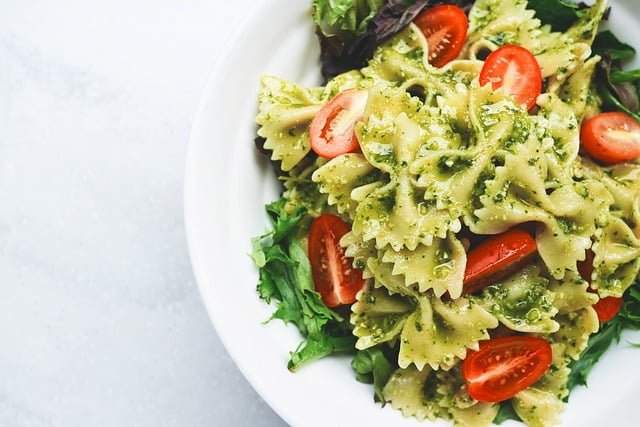
Frequently Asked Questions
Are there any types of pasta that rats should not eat?
While most types of pasta are safe for rats to eat, there are a few exceptions. Rats should not be given pasta that contains high amounts of salt, sugar, or other additives. Additionally, pasta made with garlic or onions can be harmful to rats.
What are the best types of pasta for rats to eat?
The best types of pasta for rats are those made from whole grains, such as whole wheat or brown rice. These types of pasta are rich in fiber and other nutrients that are important for a rat’s diet.
Can rats safely eat cooked pasta?
Yes, rats can safely eat cooked pasta. However, it is important to make sure that the pasta is cooked thoroughly and is not too hot before giving it to your rat.
Is it okay to feed rats pasta with sauce?
While rats can eat pasta with sauce, it is important to make sure that the sauce does not contain any harmful ingredients, such as garlic or onions. Additionally, some sauces may contain high amounts of salt or sugar, which can be harmful to rats if consumed in large quantities.
What are some alternative sources of carbohydrates for rats?
Rats can obtain carbohydrates from a variety of sources, including fruits, vegetables, and grains. Some good options include apples, carrots, sweet potatoes, and oats.
Can rats eat pasta as a regular part of their diet?
While pasta can be a part of a rat’s diet, it should not be the only source of carbohydrates. Rats require a balanced diet that includes a variety of foods in order to stay healthy.



